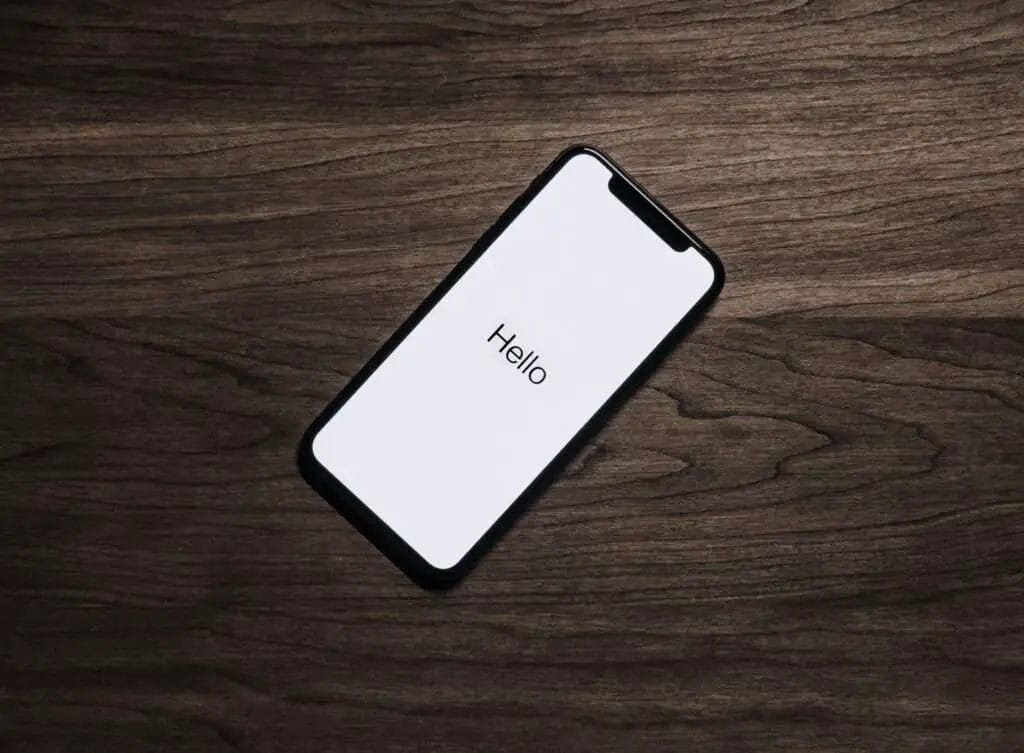How to Say Hello in German?
If you’re planning a trip to Germany or simply want to expand your language skills, learning how to say hello in German is a great place to start. Not only is it a basic courtesy, but it can also help you make connections and build relationships with German speakers.
In this guide, we’ll cover everything you need to know about how to say hello in German, including basic greetings, more advanced phrases, and cultural nuances to keep in mind. Let’s dive in!

Basic Greetings
The most common way to say hello in German is “Hallo” (pronounced “hah-loh”). This is a simple and straightforward greeting that is appropriate in most situations, whether you’re greeting a friend or a stranger.
Other common greetings include:
- Guten Morgen – Good morning
- Guten Tag – Good day (used throughout the day)
- Guten Abend – Good evening
- Servus – Hello/Goodbye (used in Bavaria and Austria)
These greetings can be used in both formal and informal settings, but keep in mind that Germans tend to be more formal in their interactions, especially with strangers or in business settings. Using a more formal greeting, such as “Guten Tag,” is always a safe bet.
Advanced Phrases
If you want to take your German greetings to the next level, here are a few more advanced phrases to try out:
- Wie geht es Ihnen? – How are you? (formal)
- Wie geht’s? – How are you? (informal)
- Wie geht’s Ihnen heute? – How are you today? (formal)
- Wie geht’s dir heute? – How are you today? (informal)
These phrases show that you’re making an effort to speak the language and engage with German speakers on a deeper level. Keep in mind that they are more formal than basic greetings like “Hallo,” so use them appropriately.
Cultural Nuances
Like any language, German has its own cultural nuances that can impact how greetings are perceived. Here are a few things to keep in mind:
- Germans tend to be more formal in their interactions than people from some other cultures. Using a more formal greeting, such as “Guten Tag,” is always a safe bet, especially in business settings.
- Eye contact is important in German culture, especially in formal situations. Make sure to make eye contact when greeting someone, and hold it for a few seconds to show respect.
- Germans are also known for their punctuality, so make sure to arrive on time for appointments and meetings. Being late is considered disrespectful and can harm your relationships with German speakers.
- Finally, keep in mind that different regions of Germany may have their own unique greetings or customs. If you’re traveling to a specific region, it’s always a good idea to do a little research on local customs and greetings before you go.
FAQs
Is it important to learn how to say hello in German?
Are there any cultural nuances to keep in mind when greeting Germans?
What are some advanced German phrases I can use to greet people?
Conclusion
Learning how to say hello and good morning in German is a simple but important part of expanding your language skills and building connections with German speakers. Basic greetings like “Hallo” and “Guten Tag” are appropriate in most situations, while more advanced phrases like “Wie geht es Ihnen?” and “Wie geht’s?” can show that you’re making an effort to speak the language and engage with German speakers on a deeper level.
As with any language, there are cultural nuances to keep in mind when greeting Germans, such as their tendency to be more formal in their interactions, the importance of eye contact, and the value they place on punctuality. By keeping these nuances in mind and showing respect for German culture, you can make a positive impression and build strong relationships with German speakers.
So, whether you’re planning a trip to Germany or simply want to expand your language skills, take the time to learn how to say hello in German. It’s a small gesture that can have a big impact!
Resource
You can learn some basic things from Duolingo


